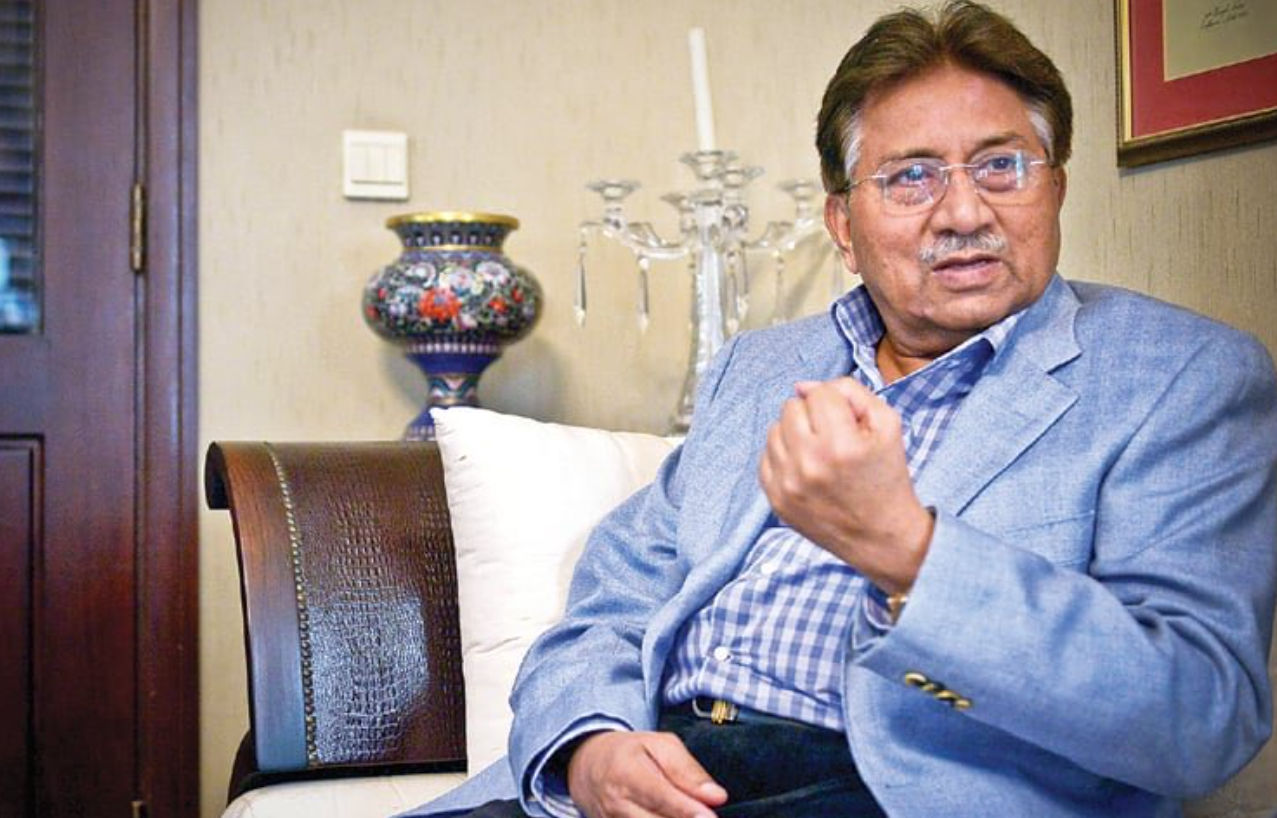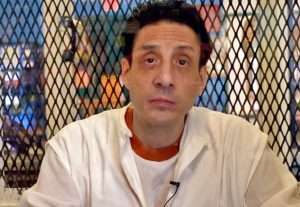A Pakistan special court in 2019 found former Pakistani ruler General Pervez Musharraf guilty of high treason under article 6 of Pakistan’s constitution — for suspending the constitution when he imposed a state of emergency in November 2007 and sentenced him to death.
According to Article 6, a person who “abrogates or subverts or suspends or holds in abeyance” the country’s constitution has committed high treason.
Also read: Who is General Pervez Musharraf?
The sentence was unlikely to be carried out, even if it was upheld by the Supreme Court. However, this was an unprecedented verdict and an unprecedented ruling against a former army chief. It had ignited a legal and political firestorm in Pakistan.
The background:
The verdict, that had come in 2019 against Musharraf capped a six-year trial since he was first booked for high treason in court in December 2013, under a case moved by former Pakistan prime minister Nawaz Sharif’s government. Sharif had signalled his intent to bring high treason charges against Musharraf in June 2013, right after he came into power.
Also read: Kargil Vijay Diwas 2021: All you need to know about the Kargil War
In October 1999, Musharraf, then Sharif’s chosen chief of army staff, dissolved parliament and ousted Sharif in a bloodless coup. In 2001, Musharraf had declared himself the President of Pakistan and held general elections in 2002, after disqualifying Sharif and former prime minister Benazir Bhutto.
That year, his newly formed Pakistan Muslim League (Quaid) — which, by many, was known as “King’s party” was created with the help of defectors from Sharif’s party, the Pakistan Muslim League (Nawaz) — won control of parliament, cementing Musharraf’s hold on power.
Also read: Pervez Musharraf not dead, but recovery ‘not possible’, says family
In 2007, his precipitous fall from power began when he clashed with Pakistan’s judiciary. In March 2007, Musharraf sacked the chief justice, leading to widespread lawyers’ protests. On November 3, 2007, he suspended the constitution, imposed a state of emergency, and placed dozens of senior judges under house arrest.
He later restored the constitution in December 2007.
In 2009, the Supreme Court ruled that Musharraf’s decision to impose the emergency was illegal, and in 2013, Sharif’s government brought charges of high treason against him for imposing the 2007 emergency.
The six-year saga of the treason trial included Musharraf failing to appear in court dozens of times, postponement of the hearing date because of his illnesses, six reconstitutions of the special court, and multiple prosecution heads quitting or being fired by the government.







